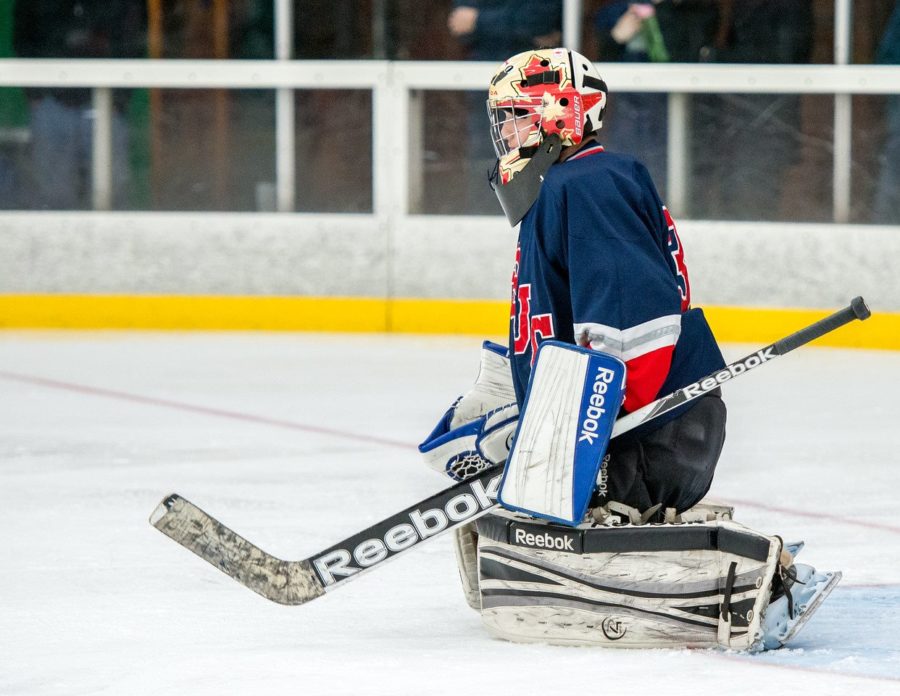Trying to become a journalist is hard; trying to become a journalist while having ADHD is a thousand times harder.
Attention Deficit Hyperactivity Disorder is something I’ve lived with since I was in elementary school, and naturally it’s a big part of my life. I take medication every day, I drink one or two cups of coffee a day to help me focus, and I’ve stayed away from drugs and alcohol because ADHD has given me an addictive personality that I instead fill with collecting hockey pucks and sports jerseys.
In many ways I picked a relatively hard career choice for someone who needs constant exercise and active living, because a lot of journalism is just sitting at a desk and trying to sound like you know what you’re talking about.
Take this story for example. When I’m sitting down my mind is mostly a jumbled mess of words, ideas, hockey stats and trivia. In order to get ideas out of my cloudy head and onto my computer, I need to be engaged in some sort of active thinking, whether that’s pacing around my house or bouncing on the exercise ball I use as my desk chair. There’s also a pretty good chance that the rest of this story was written at a later date, because it’s quite easy for me to get distracted by other projects and shiny objects.
(Oh look I was right! Hi, last week me! How’s pre-election life going?)
ADHD is often one of the more scrutinized mental illnesses, mainly because most people consider us “normal.” Compared to mental illnesses like autism or schizophrenia, people with ADHD don’t usually suffer from visible side effects; therefore, most consider it to be a non-issue that we use as an excuse to be lazy. We’re always expected to learn in the same way as everyone else, and when we struggle it’s because we’re not trying hard enough.
Once I began college last fall, it became much easier for me to work around my ADHD. Class breaks, short lectures, and more hands-on projects have made it far easier for me to get my work done than in high school. Due to a strict, “one-size fits all” curriculum, grade school might as well be a prison; you’re stuck for six hours a day in a small uncomfortable desk, being forced to do pointless busy work. It’d be at this point that I’d pull out my notebook and start doodling, but as soon as the teacher noticed, the paper would disappear into either their desk or the recycle bin.
Schools have started to get much better at treating kids with ADHD, adding more interactive programs, one-on-one help and, in the case of my old school, swivel chairs. There’s still a ways to go in that department, but hopefully by the time I have kids of my own public schools will have ADHD education down to a science. The amount of people diagnosed is going to grow rapidly in the future because ADHD is hereditary, so everyone who has it is likely to produce a child with the same disability if they have kids. I believe I inherited mine from possibly both of my parents, but since the knowledge of ADHD’s existence is relatively new, neither were ever diagnosed. So when I’m ready to start a family I certainly hope I can find a school where ADHD children are given the best chance to succeed, because thirteen years is a long time to stay focused.
But regardless of the symptoms that come with it, I’m couldn’t imagine my life without ADHD. I compare living with ADHD to the way a dog lives; always happy and eternally loving the people you’re closest to. It’s shaped me into the creative and positive person I am today, and I wouldn’t have it any other way.


